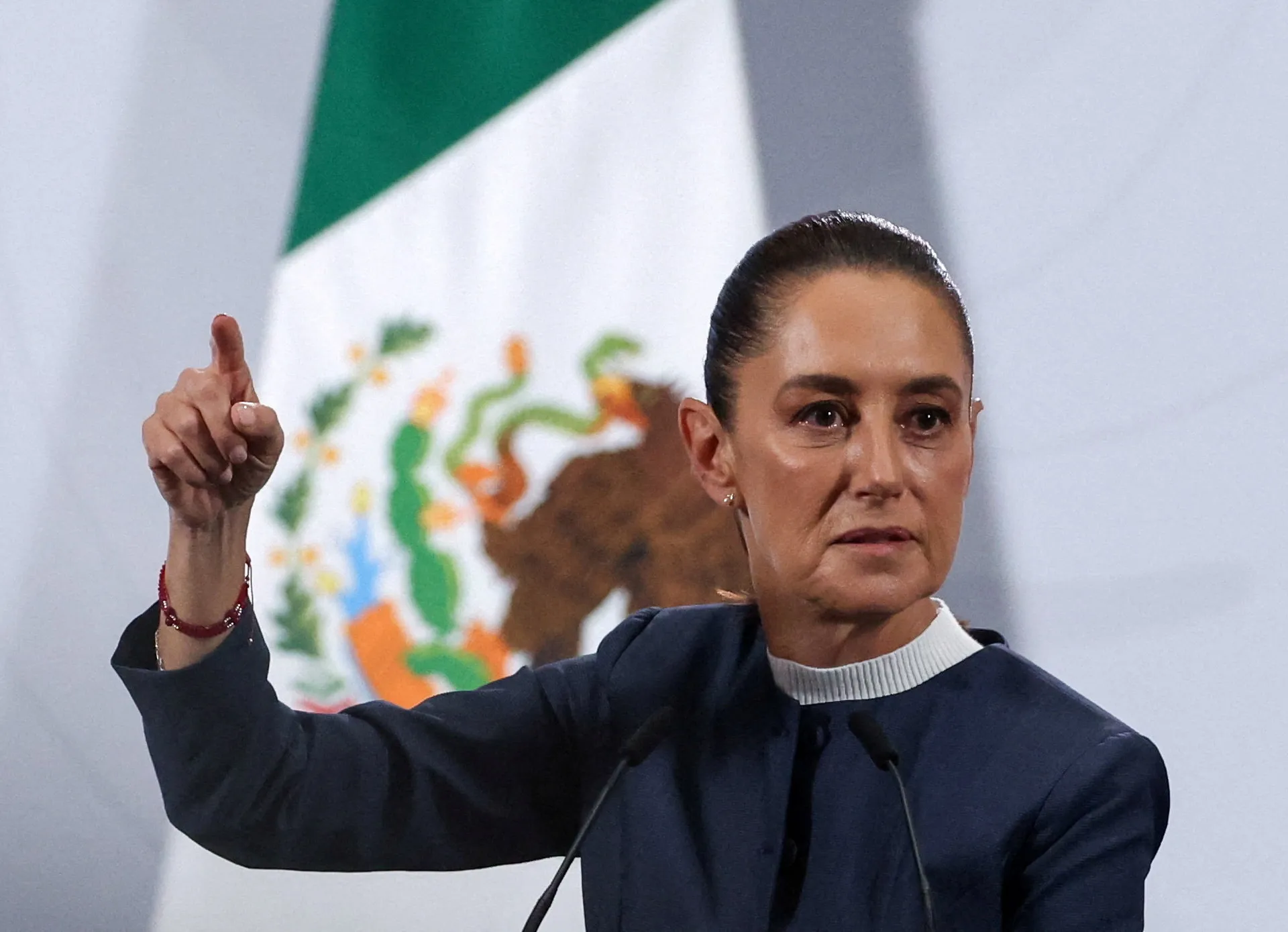Copyright ghanamma

News Ghana, Latest Updates and Breaking News of Ghana, Roger A. Agana, https://www.newsghana.com.gh/klm-marks-65-years-in-ghana-as-sole-survivor-of-colonial-aviation-era/ KLM Royal Dutch Airlines celebrated 65 years of uninterrupted service to Ghana on November 7, emerging as the last European carrier still operating the original routes established during Africa’s independence era while competitors withdrew or collapsed. The Dutch airline’s anniversary commemorates its first flight to Accra on November 1, 1960, just three years after Ghana’s independence. KLM now operates daily flights between Amsterdam and Accra, departing Amsterdam at 14:35 and arriving at 20:05, with return flights leaving Accra at 22:05 and reaching Amsterdam the following morning at 05:45. A special event in Accra attended by government officials, business leaders, and customers marked the milestone. The celebration comes as KLM, founded in 1919, remains the world’s oldest airline still operating under its original name and recently marked its 106th global anniversary in October. “At KLM customers are at the heart of our service. We continue to invest in our customers through new fleet and optimize our current fleet, for instance with full flat business class seats,” stated Isabelle Indeweij Gerlings, Air France KLM Country Manager for Ghana. “We thank Ghana for the warm welcome 65 years ago and the hospitality ever since. We are looking forward to the next 65 years and more together.” The survival story contrasts sharply with the fate of other European carriers that once dominated African aviation. British Overseas Airways Corporation, Sabena Belgian Airlines, Pan American World Airways, and Trans World Airlines all served Ghana during the independence period but have since ceased operations or withdrawn from African routes entirely. When Ghana withdrew from the West African Airways Corporation following independence in 1957 and established Ghana Airways with 40 percent ownership by BOAC, the partnership represented standard colonial aviation structures. Ghana purchased BOAC’s remaining holdings by February 1961, making Ghana Airways entirely government owned. The national carrier operated until 2004 before collapsing under financial pressures that have plagued African airlines for decades. Union de Transports Aériens, once possessing the largest African network of any European airline with service to 25 destinations including Ghana, Nigeria, Liberia, Sierra Leone, and multiple Central African nations, merged with Air France in 1992. UTA’s Paris Abidjan route was its busiest, served daily in both directions, but even that volume could not sustain independent operations. The European withdrawal accelerated through the 2000s and 2010s as African routes proved financially unviable for most carriers. High operating costs, currency volatility, limited passenger volumes compared to Asian or Middle Eastern routes, and complex regulatory environments drove systematic retreat. Currently just eight European airlines maintain scheduled service to South Africa, the continent’s most developed aviation market. West African destinations face even more limited options. Air France flights between Paris Charles de Gaulle Airport and Accra now operate nonstop after Niger airspace closures in 2023 complicated routing, adding between 90 minutes and 210 minutes to flight times for affected carriers. KLM’s persistence reflects strategic advantages absent from competitors’ approaches. The airline’s hub and spoke model through Amsterdam Schiphol Airport, consistently ranked among Europe’s most efficient transit points, provides seamless connections to over 160 global destinations. Ghanaian passengers can reach North American, Asian, and European cities through single ticket bookings that competitor airlines struggling with financial instability cannot match. The carrier has strengthened bilateral relations between Ghana and the Netherlands, supporting trade, tourism, and investment flows. KLM provides employment opportunities, training, and knowledge transfer for Ghanaian aviation professionals while supporting community initiatives in education, sustainability, and women’s empowerment. These commitments carry particular weight given Africa’s aviation sector challenges. Of 129 airlines on the European Union Aviation Safety Agency blacklist, 55 African carriers have been banned from European airspace due to safety concerns. The Democratic Republic of Congo and Angola account for the highest number of banned carriers. Sudan, Liberia, and Libya have seen all nationally certified airlines prohibited from European operations. The extreme tax environment facing African airlines, where levies can reach 60 percent of ticket costs without corresponding airport infrastructure investments, creates unsustainable economics. Airlines must purchase aircraft, fuel, maintenance services, and navigation systems in United States dollars while selling tickets in rapidly depreciating local currencies, generating severe foreign exchange mismatches. Ghana attempted relaunching its national carrier multiple times, most recently announcing plans for a new Ghana Airways. Senegal has tried three times in two decades to establish viable national airlines. Uganda recently launched a state carrier. Zambia continues developing relaunch strategies. These efforts face identical structural challenges that destroyed their predecessors. Christian Folly-Kossi, a Lomé based aviation consultant and former Secretary General of the African Airlines Association, explained that national ambition drives these decisions. “A flag, a national anthem and an airline are considered the basic attributes of sovereignty,” he stated. However, Folly-Kossi advocates for hub and spoke systems similar to European models, noting that smaller countries like Belgium, Switzerland, and Scandinavian nations understood as early as the 1980s and 1990s that their airlines would only survive through regional cooperation. Ethiopian Airlines’ partnership with ASKY, a West and Central African regional carrier operating a hub in Lomé, Togo, demonstrates this model’s viability for transatlantic services. KLM’s ability to maintain consistent service through Ghana’s economic cycles, multiple currency devaluations, political transitions, and regional instability demonstrates operational discipline absent from most competitors. The airline weathered the 2008 global financial crisis, COVID pandemic disruptions that devastated aviation worldwide, and recent inflationary pressures while maintaining daily frequency. The carrier now emphasizes sustainable aviation initiatives, investing in modern fuel efficient aircraft, exploring biofuel adoption, and developing solutions to reduce climate impact. Customer experience enhancements include personalized services, digital innovation, and world class hospitality standards. Diversity and inclusion programs recognize the multicultural workforce and passenger base crossing different races, cultures, and beliefs. Partnership and connectivity remain central priorities, with KLM committed to building strong relationships with local stakeholders ensuring Ghana maintains connections to key global markets. The airline’s network provides critical infrastructure for Ghanaian businesses, students, medical patients, and families maintaining international connections. Throughout its 65 years in Ghana, KLM has facilitated business and leisure travel for thousands of passengers annually, empowering Ghanaians to explore opportunities worldwide. The airline’s reliability stands in contrast to African carriers’ struggles. According to the International Air Transport Association, African airlines are projected to double profits to $200 million in 2024, but this remains modest given the continent’s 1.4 billion population and represents recovery from massive losses rather than sustainable profitability. The anniversary celebration highlighted enduring partnerships instrumental in KLM’s success. Government officials, business leaders, and loyal customers acknowledged the airline’s role in Ghana’s economic development and international engagement over more than six decades. As KLM looks toward its next 65 years in Ghana, the airline operates against fundamentally different competitive dynamics than existed in 1960. Colonial era carriers have vanished. National airlines repeatedly collapse and relaunch. Middle Eastern carriers Emirates, Etihad Airways, Qatar Airways, and Turkish Airlines have greatly expanded African services, offering competitive rates and modern fleets that European legacy carriers struggle to match. Yet KLM’s survival demonstrates that sustainable African aviation operations remain possible through operational discipline, hub efficiency, strategic routing, and genuine long term commitment to markets that competitors treat as expendable during financial pressure. The airline’s ability to maintain service through decades of turbulence that destroyed larger, better funded competitors represents a case study in strategic persistence. The carrier’s 106 year global history provides institutional knowledge and financial reserves allowing it to weather short term volatility that forces newer or financially weaker airlines to withdraw. Air France KLM Group membership and SkyTeam Alliance participation provide additional network depth and code sharing opportunities unavailable to independent operators. For Ghana, KLM’s continued presence ensures reliable international connectivity even as the country pursues national carrier ambitions. The airline provides backup capacity during periods when domestic carriers face operational or financial challenges, maintaining business confidence and tourism flows critical to economic development. The celebration of 65 years marks not just longevity but survival of an aviation model that colonial powers established and most European carriers abandoned. KLM’s persistence in Ghana stands as testament to operational discipline, strategic patience, and recognition that African markets, despite their challenges, deserve consistent service from carriers willing to commit beyond short term profitability cycles that drive competitor behavior. News Ghana, Latest Updates and Breaking News of Ghana, Roger A. Agana, https://www.newsghana.com.gh/klm-marks-65-years-in-ghana-as-sole-survivor-of-colonial-aviation-era/Read More



